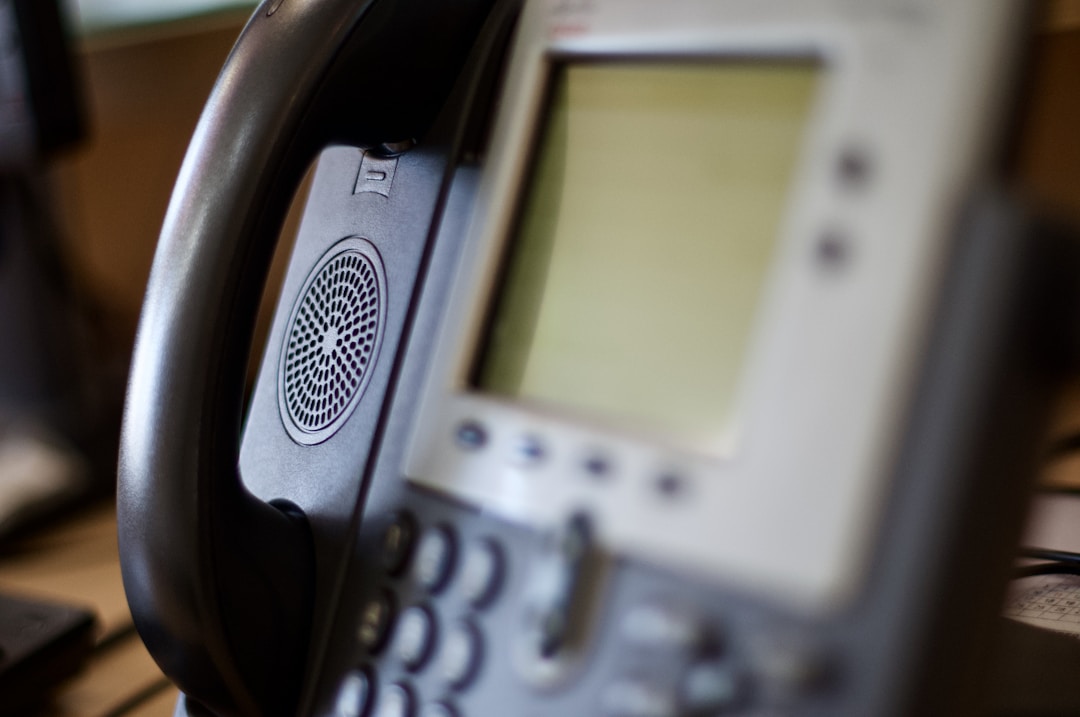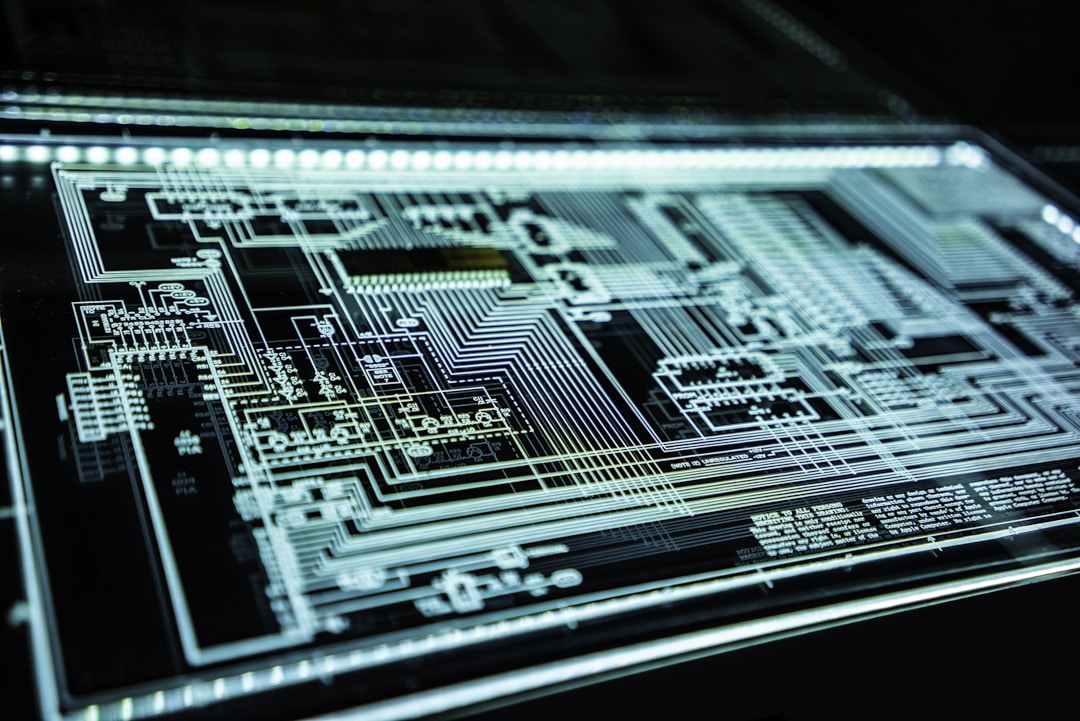Operating a hospital involves juggling a variety of complicated tasks, each of which is crucial for ensuring the smooth functioning of the facility and the safety of its patients. From managing personnel to maintaining regulatory compliance, hospital administrators have a lot on their plates. Below, let’s explore the essential resources that can assist in streamlining and enhancing these operations.
The Importance of Proper Medical Device Labeling and Packaging
The role of proper medical device labeling and packaging cannot be understated in hospital operations. These labels and packages not only contain critical information about the devices, but they also guarantee their safety, integrity, and traceability. Accurate and readable labels can help prevent medical errors, facilitate recalls (when necessary), and contribute to the overall organization and efficiency of hospital supply chains.
Regulatory bodies around the world have established stringent standards for the labeling and packaging of medical devices to ensure the information conveyed is reliable and easy to understand. Hospitals need to ensure all their devices comply with these standards, as non-compliance can result in legal repercussions, besides posing a significant risk to patient safety.
Technological advancements have made it easier to maintain compliance with labeling and packaging standards. Some hospitals have started utilizing automated systems which streamline the process, ensuring accuracy, compliance, as well as efficiency.
Effective Communication Systems

Communication forms the backbone of any successful hospital operation. The introduction of advanced communication systems, such as the Avaya phone system, has made it possible for health care professionals to communicate more effectively, thus reducing errors and improving patient care.
Advanced business phone systems like Avaya are designed to integrate seamlessly into the hospital’s operations, allowing for faster and more versatile communication between staff, patients, and their families. This can play an integral part in ensuring each patient’s care plan is followed correctly, and can also ease the flow of information between different hospital departments.
Overall, an effective communication system not only enhances the efficiency of hospital operations but also contributes to a more patient-centered care approach by fostering open and transparent communication at all levels.
Staff Training and Continuous Education
The rapidly evolving nature of the medical field necessitates continuous education and training for all hospital staff. This not only includes keeping up with the latest advancements in medical science but also staying updated with the changes in regulations and new policies.
Continuous training programs can significantly improve the staff’s knowledge and skills, leading to improved patient care and outcomes. Another area where continuous education holds paramount importance is in the adoption of newer technologies. Health care is a sector that constantly integrates technological advancements, and staff need proper training to use these tools effectively.
Encouraging a culture of continuous learning in hospitals also enhances staff satisfaction, as it provides them with opportunities for growth and development within their field.
Embracing Technological Advancements

The health care sector has witnessed unprecedented technological advancements in the recent past. These range from machine learning and artificial intelligence to precision medicine and telemedicine, each of which has the potential to revolutionize hospital operations.
Embracing these technological advancements can significantly improve patient care and outcomes. They can also streamline operations and decrease the administrative burden on health care professionals. However, the adoption of these technologies necessitates adequate training for staff to ensure they’re used effectively and safely.
While the integration of technology into health care presents numerous challenges, it’s an essential resource for hospitals looking to advance in today’s digital age.
Altogether, having the right resources significantly contributes to successful hospital operations. A strong emphasis on proper medical device labeling and packaging, effective communication, continuous staff education, and embracing technological advancements can form the cornerstone of an efficiently-run hospital that delivers exceptional patient care.




